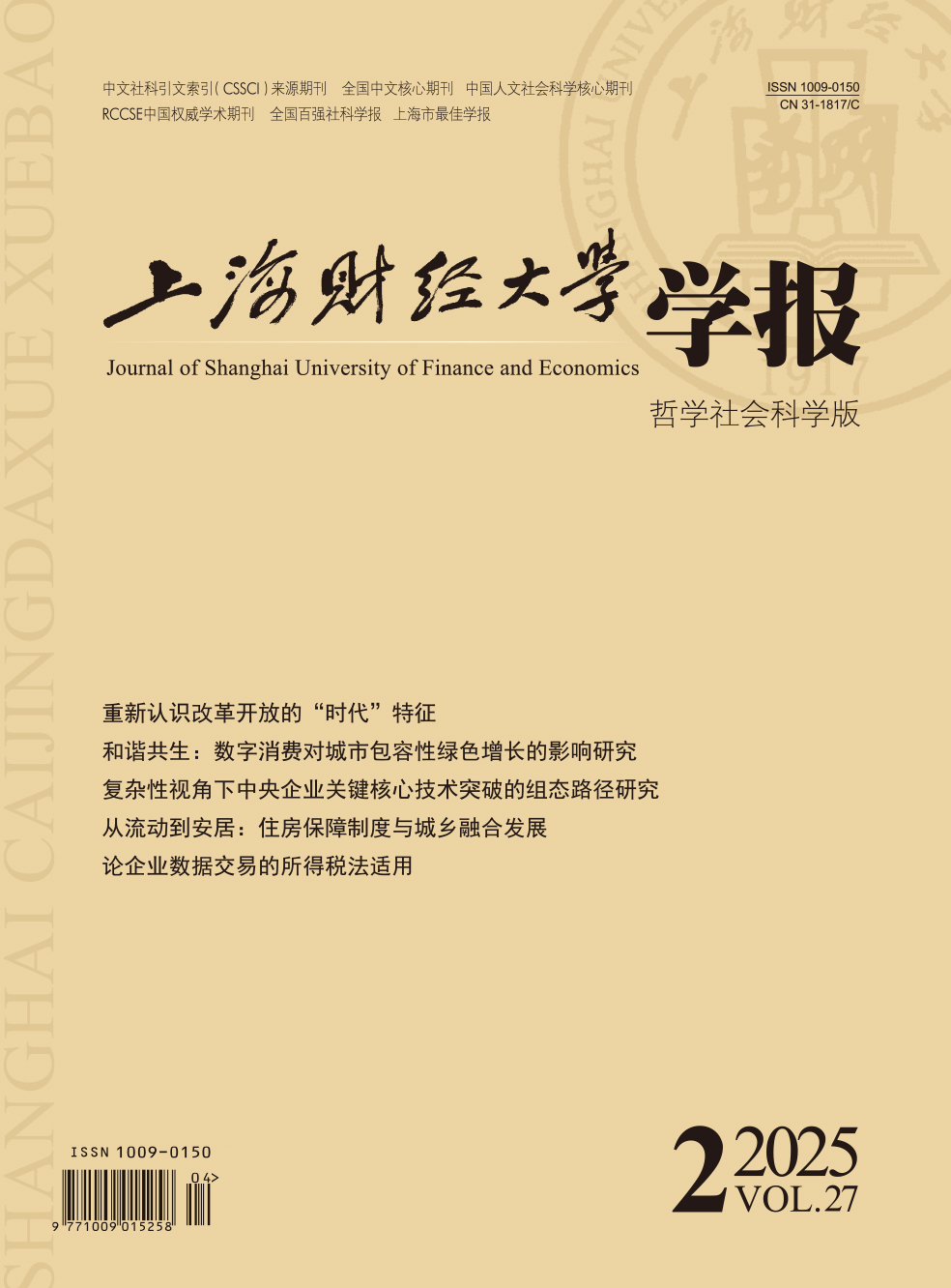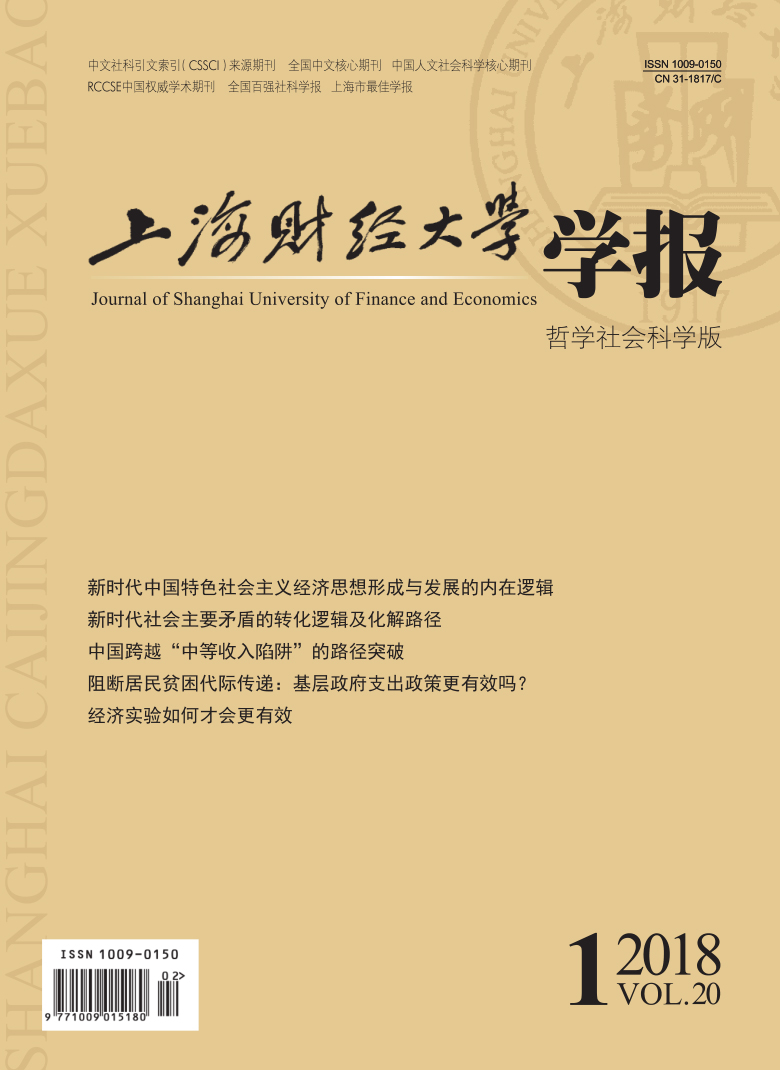In recent years, the prices of commercial housing continue to rise rapidly. It is difficult to meet housing demand for residents if housing prices rise too fast. Under heavy financial burden and mental pressure, the individuals would seek for illegal, shady ways to gain wealth, such as theft, fraud, and robbery for the purpose of getting money. It probably leads to a retaliatory behavior due to greater psychological stress or emotional frustration, and the final results may be an increase in criminal cases. In this paper, we explain the increase in crime from the perspective of rising housing prices. We first built a fixed effect model to analyze the impact of rising housing prices and housing affordability on crime using Chinese provincial panel data from 1999 to 2014. Secondly, considering the inertia effect of criminal offense, we test the relationship by dynamic panel data model. Finally, we explore the influence mechanism by setting income inequality as an intermediary variable. It arrives at the following conclusions: firstly, high housing prices have positive influence on crime rates after controlling factors such as sex, education, and welfare spending. Generally speaking, every 1% rise in housing prices results in an increase in the number of arrests per ten thousand people by at least 0.1 in all the models. Housing affordability in this paper is measured by housing prices-to-income ratio. It confirms that housing affordability also has a significant influence on crime. The lower the housing affordability is, the higher the crime rate is. Secondly, rising housing prices have partly contributed to the rise in crime by widening the income gap. Rising housing prices benefit people with multiple houses, but are harmful to people without houses. As a result, the rising trend accelerates the deterioration of income distribution. Due to the limitation of investment channels, the real estate market has attracted a lot of investment and the income gap between residents has widened, which increases relative deprivation in low-income groups. On the whole, the rising housing prices have indirect impact on crime rates. This paper makes an effort to provide another perspective to explain the rise in criminal crime. We should focus on addressing and improving the housing difficulties of low-income groups, curbing the demand for investment housing, and improving the income and housing affordability of residents. Therefore, control over irrational increase in housing prices not only can promote the economic development effectively, but also have a vital significance to reduce the occurrence of criminal cases and maintain social order stability.
 / Journals / Journal of Shanghai University of Finance and Economics
/ Journals / Journal of Shanghai University of Finance and EconomicsJournal of Shanghai University of Finance and Economics
LiuYuanchun, Editor-in-Chief
ZhengChunrong, Vice Executive Editor-in-Chief
GuoChanglin YanJinqiang WangWenbin WuWenfang, Vice Editor-in-Chief
Housing Prices, Housing Affordability and Criminal Offense: The Empirical Evidence from Chinese Provincial Panel Data
Journal of Shanghai University of Finance and Economics Vol. 20, Issue 01, pp. 72 - 86 (2018) DOI:10.16538/j.cnki.jsufe.2018.01.006
Summary
References
Summary
Cite this article
Chang Xue, Su Qun, Zhou Chunfang. Housing Prices, Housing Affordability and Criminal Offense: The Empirical Evidence from Chinese Provincial Panel Data[J]. Journal of Shanghai University of Finance and Economics, 2018, 20(1): 72–86.
Export Citations as:
For




 , 1
, 1 8179
8179  9349
9349

